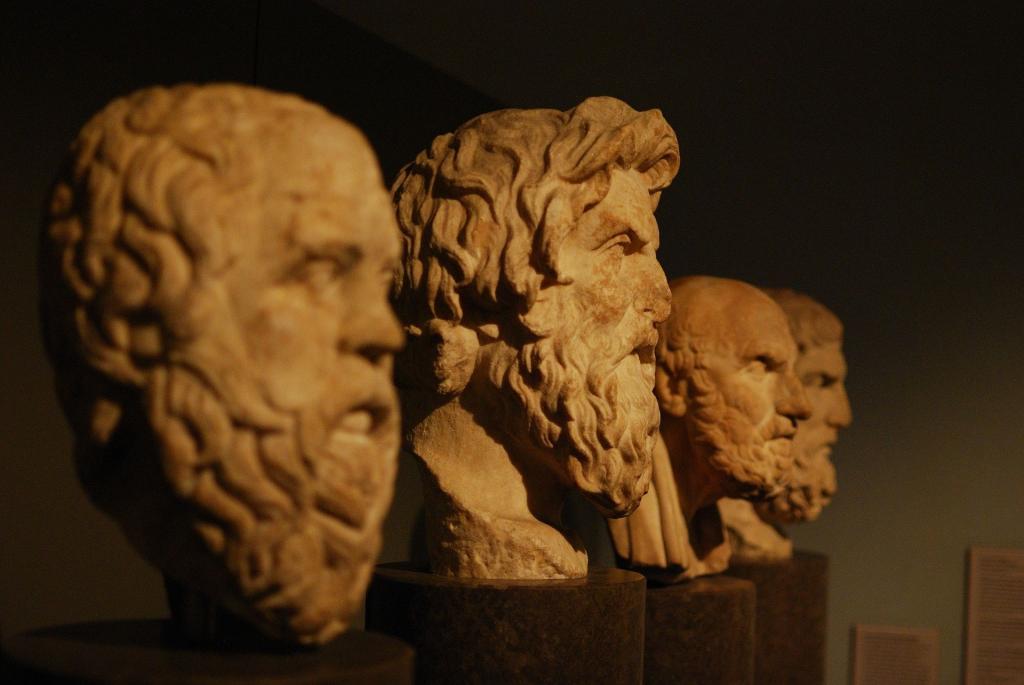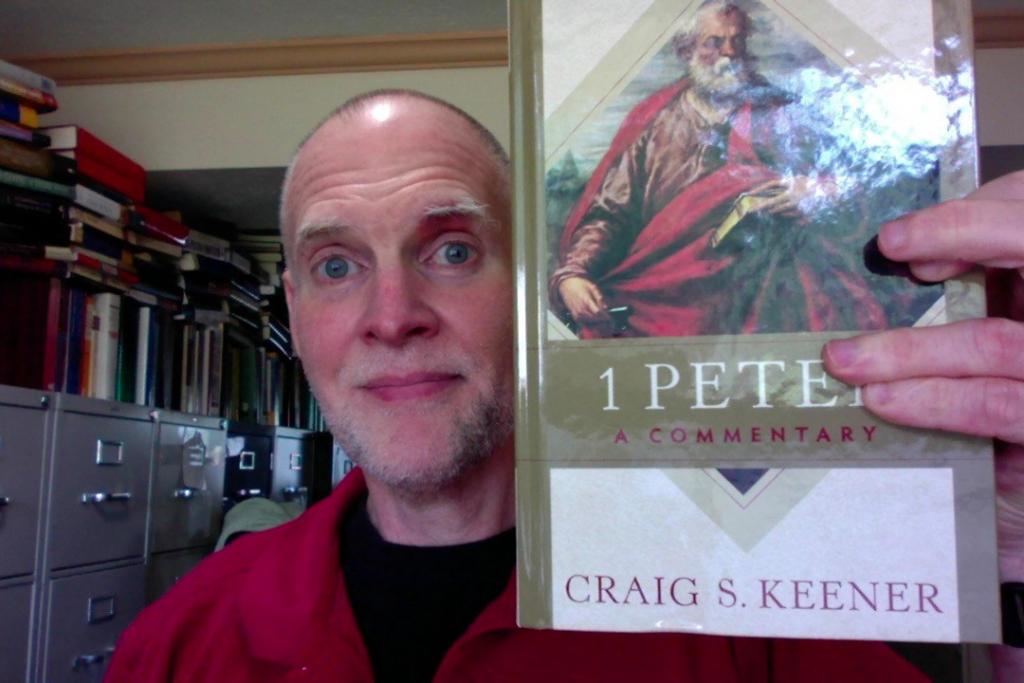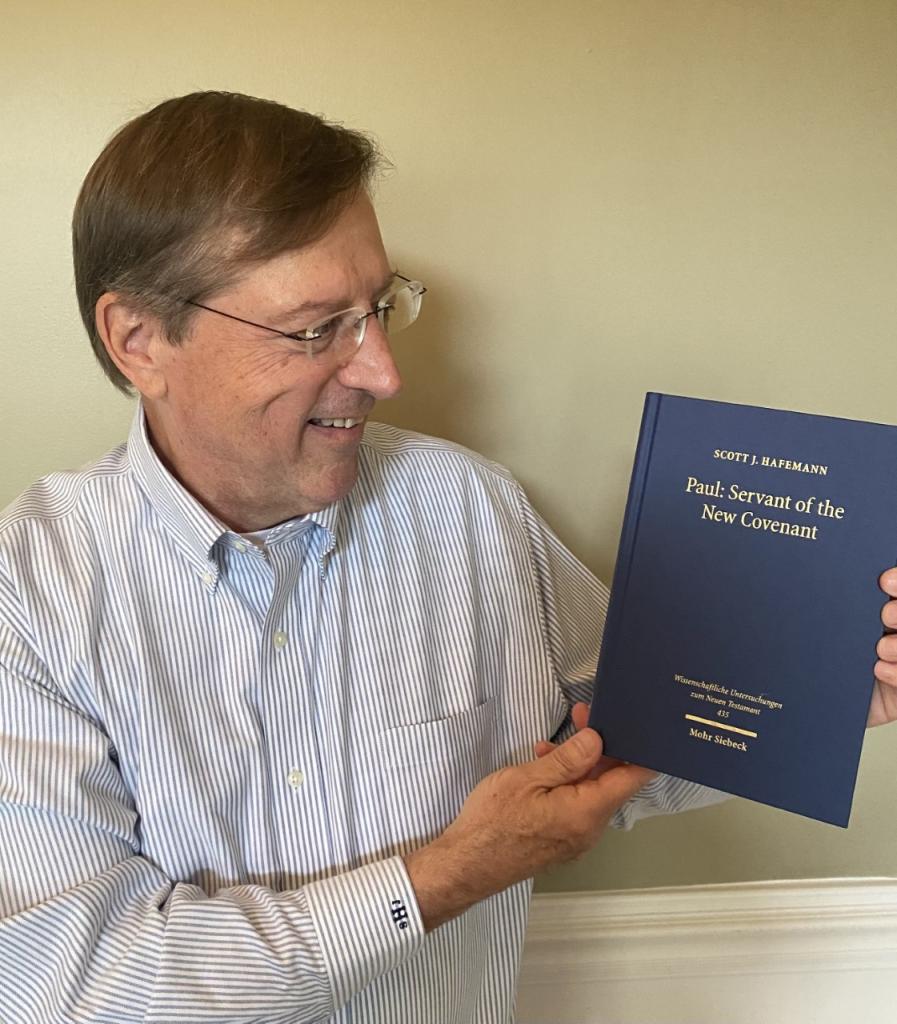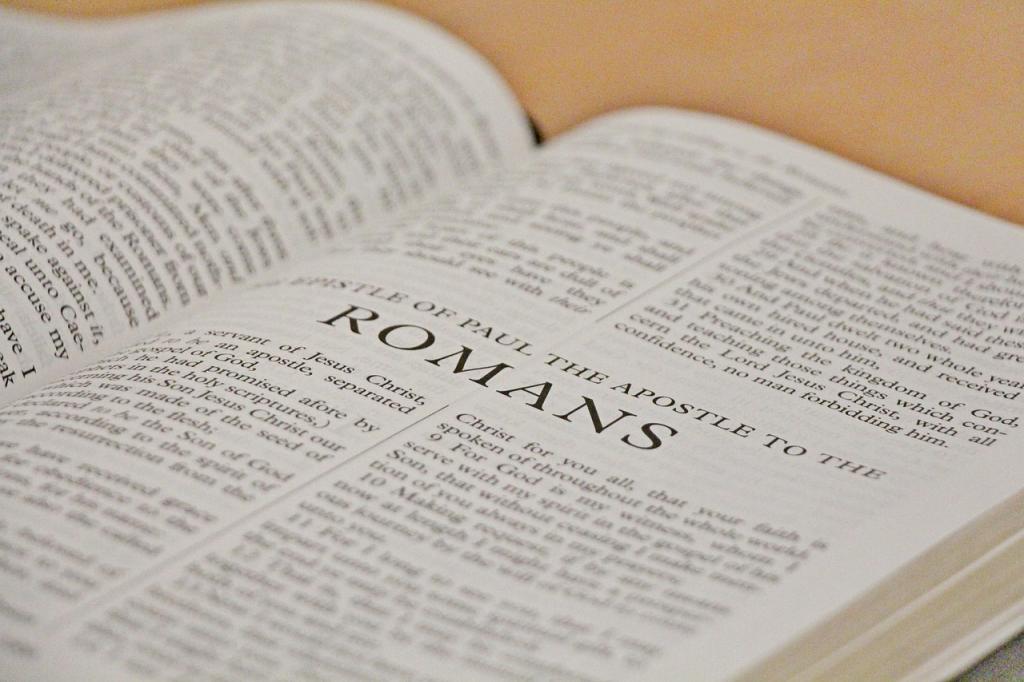Apart from standing firm against malicious forces, we must also put on the armor of God. Ephesians 6:10–18 encourages us to do so. This second study on spiritual warfare in Ephesians 6 will focus on the armor. Ephesians 6:10-18 seems to borrow from Jewish Scripture and traditions that depict the Lord as a warrior armed with righteousness, salvation, and vengeance ready to repay his enemies and deliver his people (Isaiah 59:14–19; compare Wisdom of Solomon 5.15–23). In Ephesians, however, Christ’s... Read more





















Thomas Aquinas on Mercy: Should I Forgive One Person but not the Other?
The great 13th century Dominican philosopher Thomas Aquinas writes about Jacob’s election over Esau prior to either son being born. God made his choice before either child could do anything good or bad (Romans 9:10–12/ Genesis 25:21–25). According to Aquinas’s Commentary on Romans (C.9 L.2.758), this passage excludes at least three errors: First, it precludes assumptions that one can trust in the merits of one’s ancestors. In other words, God is not obligated to excuse individuals purely because of the... Read more